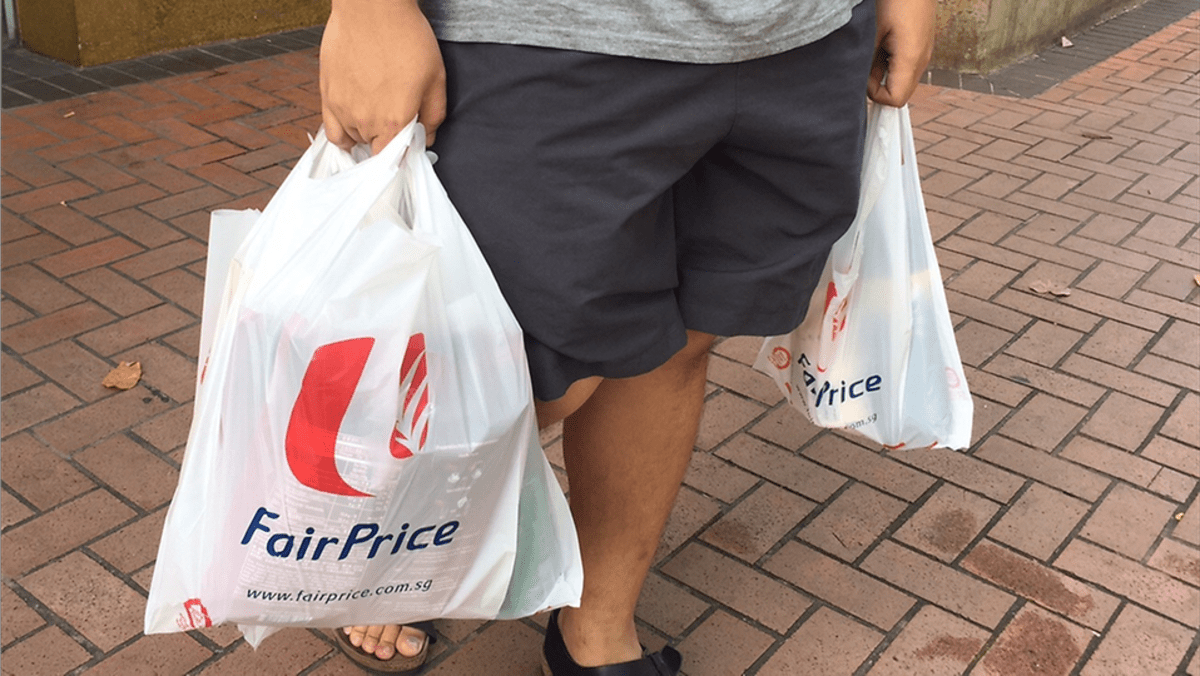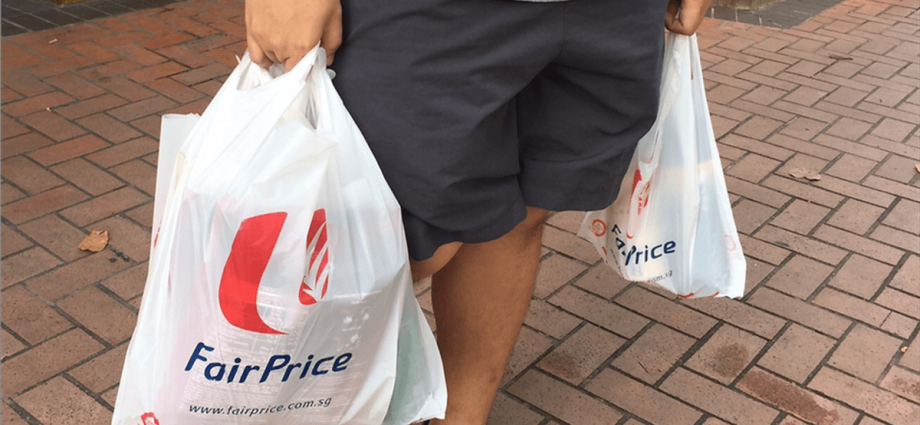
Nevertheless, the mandatory plastic bag charge is an overdue charge for polluting the environment.
SINGLE USE, MULTIPLE CONSEQUENCES
We need to go further. The heavy usage of plastic bags is not the only culprit behind unnecessary waste. Single-use items such as food containers and straws derail from Singapore’s zero waste vision, which by 2030, aims to reduce waste sent to Semakau Landfill by 30 per cent capita per day.
Yet there is little sign we are cutting down on disposable packaging. Due to COVID-19, we turned to online shopping and delivery services, and such consumption looks set to persist post-pandemic.
While shopping deliveries may occur on an ad-hoc basis, food deliveries and takeaways are more frequent. The packaging involved contributes to greater waste. And, unlike plastic bags, we can’t reuse a styrofoam box as a trash holder before discarding it.
SETTING UP CARBON SCORES
While reducing waste is an important sustainability goal, we should not neglect the greenhouse gases produced over the life cycle of packaging materials, as well as the petrol used in deliveries. Even though opting for door-to-door shipping or disposable cutlery may entail extra charges, the carbon costs incurred may not be fully covered.
Hence, we should look at nudging people away from food and shopping delivery. While users enjoy fuel and time savings when they order in, they should also pay for the carbon incurred.
Singapore will raise the carbon price from S$5 to S$80 (US$3.70 to US$60) per tonne of emissions by 2030 for top polluters – this is a top-down approach at the policy and firm level. From the ground up, individual consumers need to change their behaviour to make an impact too.

